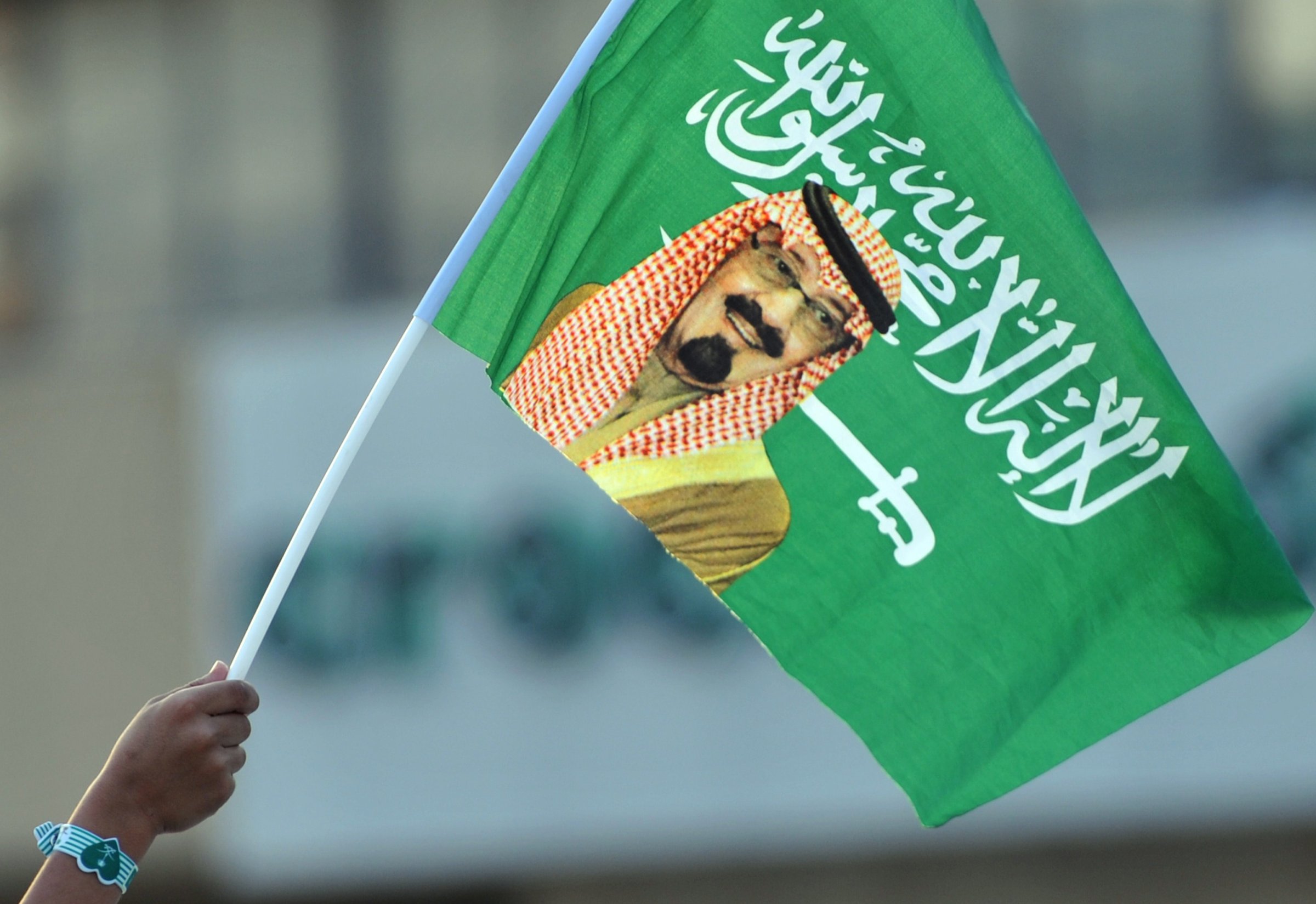
Maha Qahtani is a student at the Rochester Institute of Technology Saunders College of Business.
On a cold winter morning, the rustling of fabric was the only sound in the room. I was dressing my 3-year-old daughter, Layla, for school. Starring at her snow boots, she turned her head and said: “Mom, do I have a dad?” I was caught off guard.
I paused and answered: “Sweetie, yes, you do. You call baba every day.”
But Layla persisted. “No, do I have a dad?”
It’s no wonder that my young daughter is so confused. She has never met her father, my husband, Dr. Mohammad Fahad Al-Qahtani. In 2013 the government of Saudi Arabia sentenced him to a 10-year prison sentence followed by an additional 10-year travel ban simply because he had the courage to call on the government to implement human rights and political reform for Saudi citizens. He was the co-founder and a board member of the Saudi Civil and Political Rights Association (ACPRA), which documented human-rights abuses by the Saudi government. For this peaceful and political activity, which would be normal in most societies, he was accused of “harming public order” and “setting up an unlicensed organization,” tried, convicted and sentenced.
Almost a month before Mohammed was convicted and ACPRA was disbanded by government edict, I flew with 3-month-old Layla and my four older children to the U.S., where Mohammed and I had graduated from university, to continue my studies.
At an age when many young children know their father, Layla has no recollection of her baba. She knows him only as a loving but disembodied voice on the daily phone conversations that his Saudi jailers permit. Her relationship to her father is different from that of her older siblings, who were mostly teenagers when their father was imprisoned. But Layla’s unique relationship also demonstrates that love can be shared through the only small channel to him that she has.
“She is very smart,” Mohammad says of his youngest daughter. “I can tell from her voice.”
It is different but no easier for my other children, who had the opportunity to know their father. “I know my father, but I am sorry that Layla did not have a chance to know him,” my older children have often said. Abdullah, 19, Norah, 17, Omar, 15, and Othman, 13, all grew up with their father as an active physical presence in their lives.
“Layla is lucky that she never knew him,” Norah says. “She would have grown too attached.”
A family friend with a degree in a psychology, Dr. Ead Meravit, has faith in Layla. “She is OK,” Dr.Meravit says. “She has a strong personality, and she will be fine.” Dr. Meravit tells me that I should be more worried about Layla’s siblings. “They are trapped in their memory with their father.”
Layla’s siblings constantly mention their dad and their childhood activities with him, for instance when they went hiking and listened to stories around a camp fire.
“Mama do not tell my siblings that when I go to my bed I cry,” Othman says. “Sometimes I have to change my pillow.”
I understand how hard this is for the children, but I cannot do much about it. I try to involve them with school activities, sports and community work. I encourage them to celebrate everything with their father, including Mohammed’s birthday and our anniversary.
We also get some unexpected support. Not long after Mohammed went to prison, we got a nice surprise from a Saudi youth group which sent a message that read: “To the family of the hero Mohammad Al Qahtani Happy Eid. Love from the Saudi Youth.” Another time Layla got a supportive message with a doll.
We appreciated these kind thoughts from Saudi Arabia’s youth. It made me feel as if all of Saudi Arabia had adopted Layla with love and care and that they know Mohammed is part of trying to build a better future for his children and all Saudi children.
Rebecca Everly, a director for the Committee on Human Rights of the National Academy of Sciences, Engineering and Medicine in Washington, D.C., always asks about my children, especially Layla. “If you come to D.C. with Layla, please come to my house so she can play with my kids.” Such support means so much to me and all my children—and to Mohammed.
Layla has no opportunity to enjoy her father’s presence. But one of my friends reminds me that the same could be said of the greatest leaders of people in the world. They all made a great impact on history by themselves, without a father alongside. The same is true of many of the great Arab scholars. Our family doctor, John Sherza, tells me: “Do not worry. There are lot of children who do not have a father around them, and they are doing just fine.”
I keep telling myself Layla is special. I recently told her father on the phone that she is not going to vote in elections for prime minister of Saudi Arabia. Instead, she is going to seek that high office herself. He laughed and said: “Yes, she is special.”
More Must-Reads from TIME
- Cybersecurity Experts Are Sounding the Alarm on DOGE
- Meet the 2025 Women of the Year
- The Harsh Truth About Disability Inclusion
- Why Do More Young Adults Have Cancer?
- Colman Domingo Leads With Radical Love
- How to Get Better at Doing Things Alone
- Michelle Zauner Stares Down the Darkness
Contact us at letters@time.com